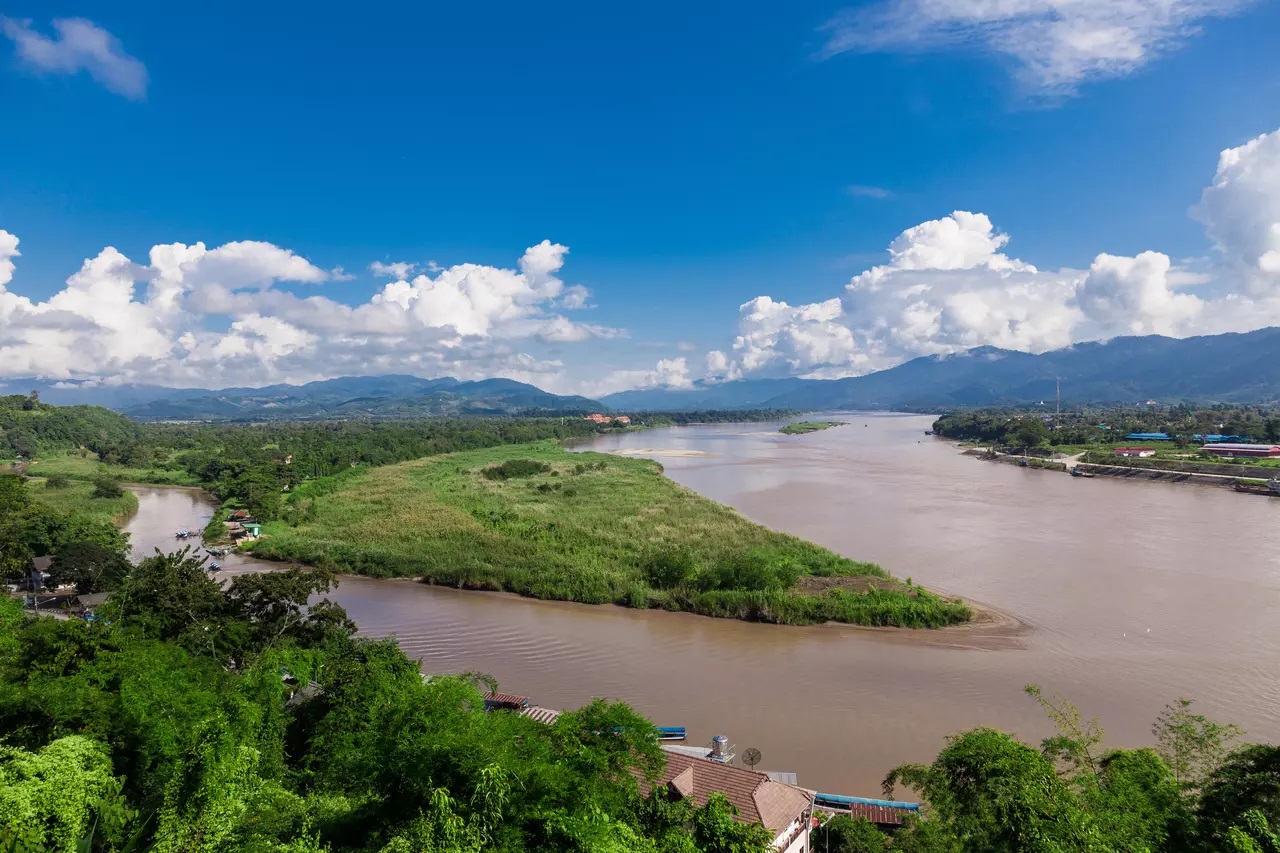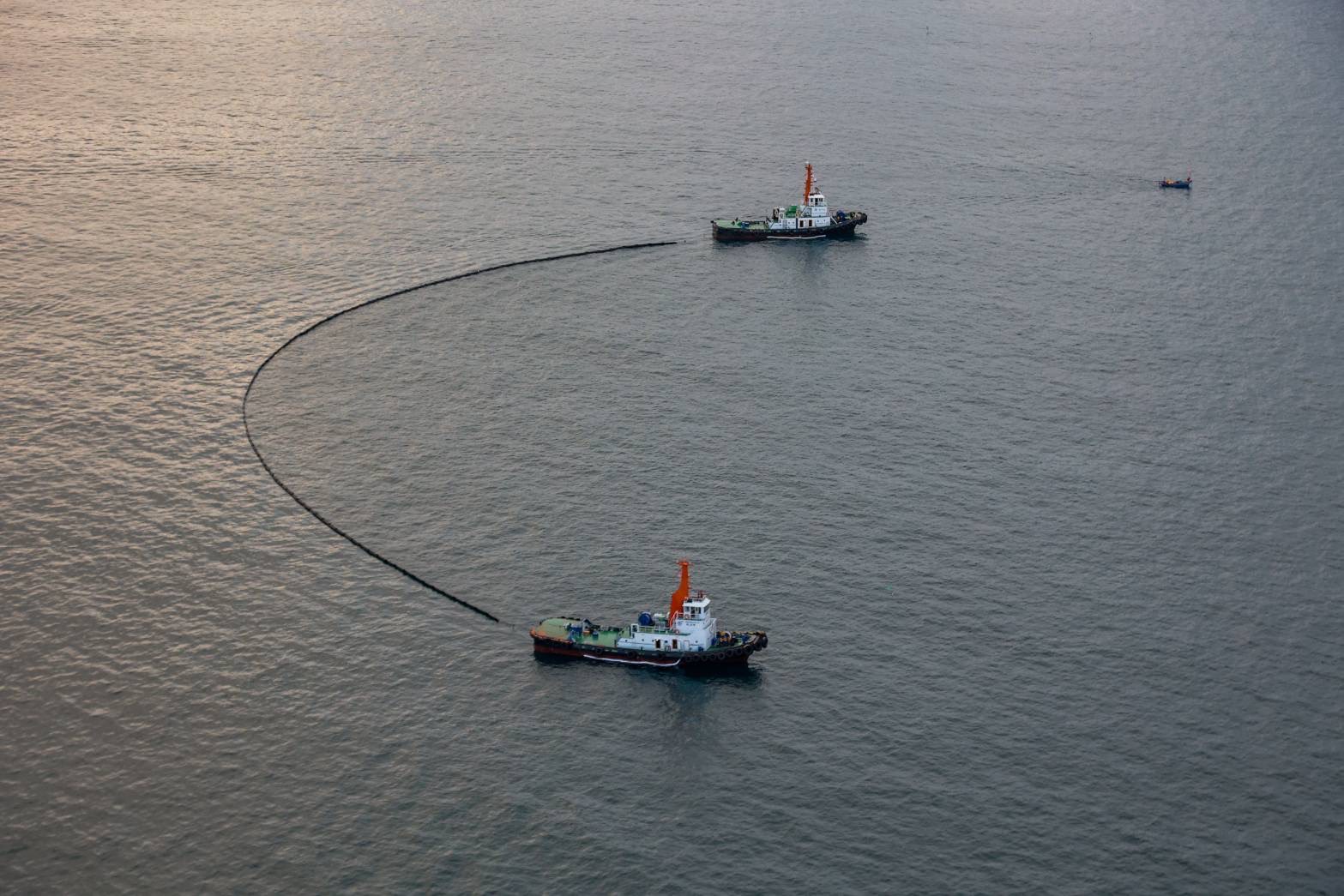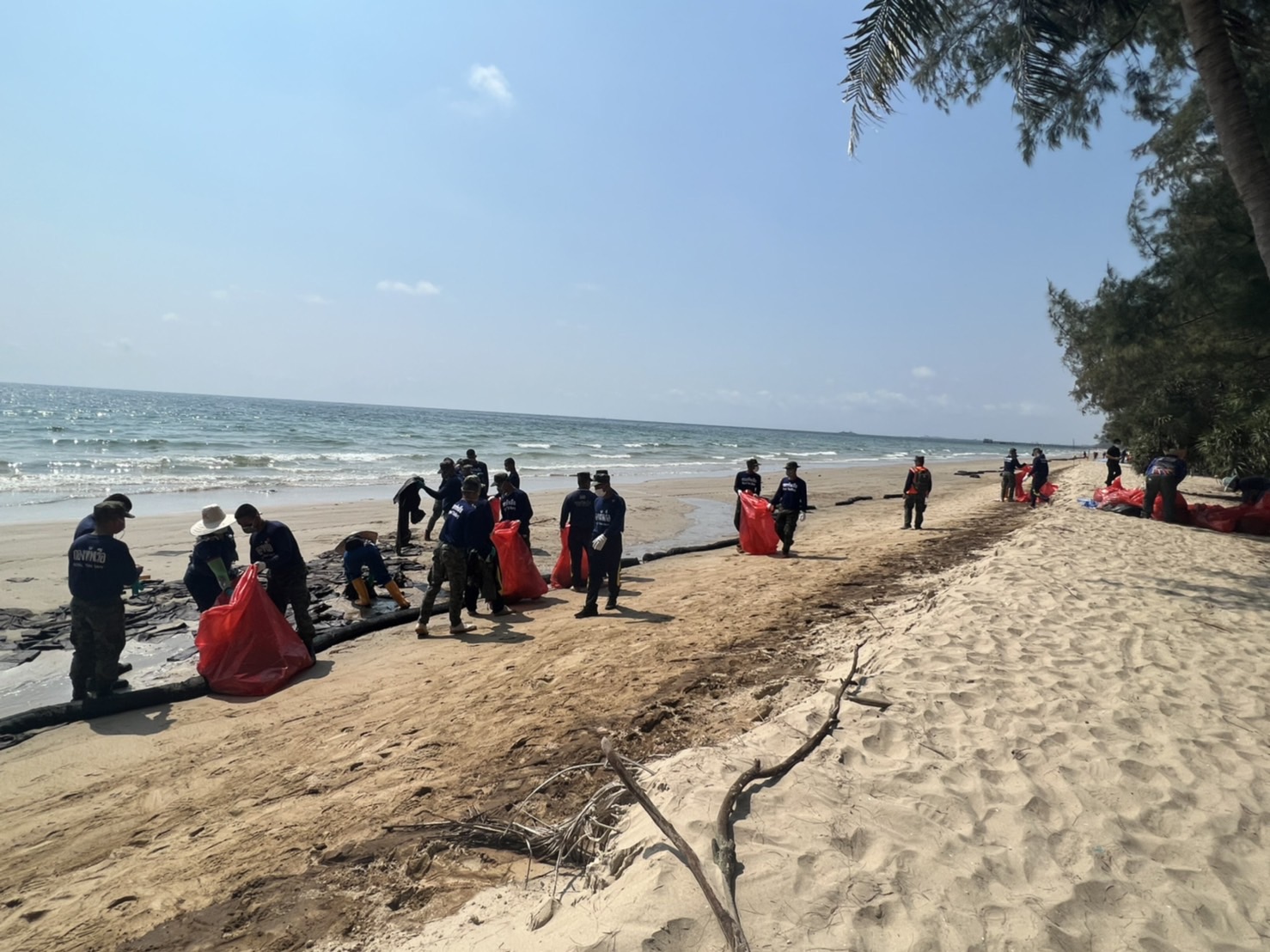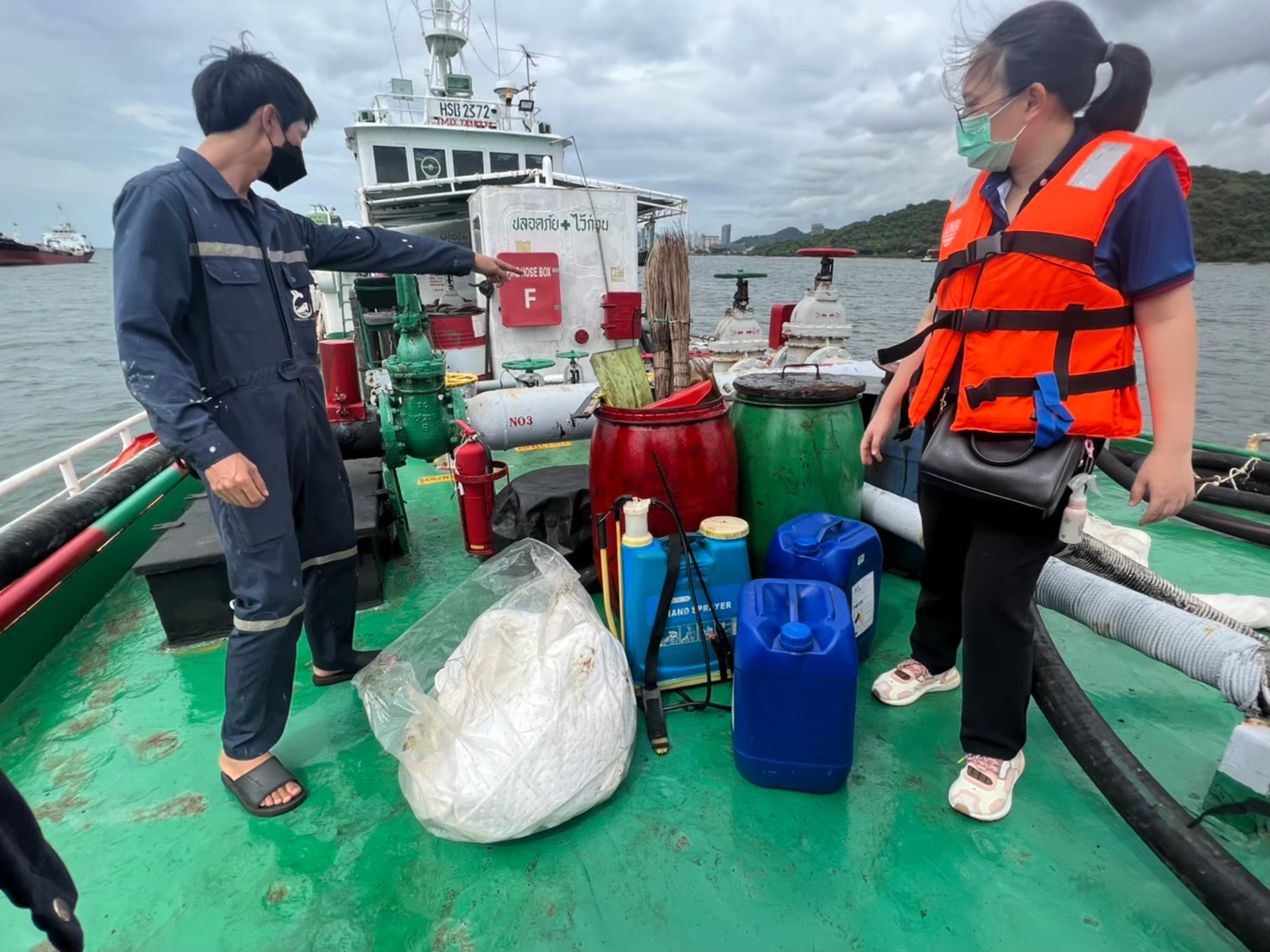Environmental rules and regulations
1. National Environmental Quality Act (NEQA) B.E. 2532 (1992)
In Thailand, the legislation on EIA is governed by the National Environmental Quality Act (NEQA) B.E. 2535 (1992). The Minister of Natural Resources and Environment (MNRE),
with the approval of the National Environment Board (NEB), has the power to determine which projects are required to submit an EIA. These must be reported to the Office of
Natural Resources and Environmental Policy and Planning (ONEP) and the Expert Review Committee for consideration and approval before further proceedings. Some commercial
ports and terminals, inter alia those used for loading carcinogenic hazardous materials or waste, not only require an EIA but also an Environmental Health Impact Assessment (EHIA).
As enforced by a Ministerial order which has been effective since 12 December 1984, EIA reports have to be prepared by consultant firms registered with ONEP. Up to now 62
consultant firms have been registered to conduct EIA.
The Office of Natural Resources and Environmental Policy and Planning examines the EIA within 15 days, makes preliminary comments (15 days), and then sends it to the Expert
Review Committee for further review and approval (45 days). If the project is approved the permitting Agency will grant a license. Public participation can be part of the EIA process
and Non-Governmental Organizations (NGOs) and other relevant agencies affected by the project can share their comments or experience, which will be taken into account in the
project assessment.

Please find more details by Click here
2. Office of the Prime Minister Regulation on Management of Marine Oil and Chemical Pollution B.E.2565 (2022)
The objective of this regulation is to determine measures to eliminate marine oil and chemical pollution, including hazardous substances and toxic substances,
which is beneficial to maintain the aquatic environment and prevent marine pollution including recovery for damages to persons that have been damaged by
eliminating marine pollution due to oil and chemicals.
Including improvements to the components and determining the authority and duty of Management of Marine Oil and Chemical Pollution Committee. It also gives
the committee the authority to formulate policies and prepare plans to manage marine pollution due to oil and chemicals and to approve action plans for operating
units, as well as proposing the Cabinet to pay compensation to persons who have been damaged by marine pollution due to oil and chemicals.

Please find more details by Click here
3. Marine Department Notification no. 136 / 2564 on the Action Plan Guideline for Port to Prevent and Response to Oil Pollution,
Chemical Substances And Hazardous Substances

Please find more details by Click here
4. Marine Department Notification no. 137 / 2564 on The Determination of Passenger and Cargo Terminals to Provide Reception
Facilities to Accept Ship-Generated Wastes

Please find more details by Click here







